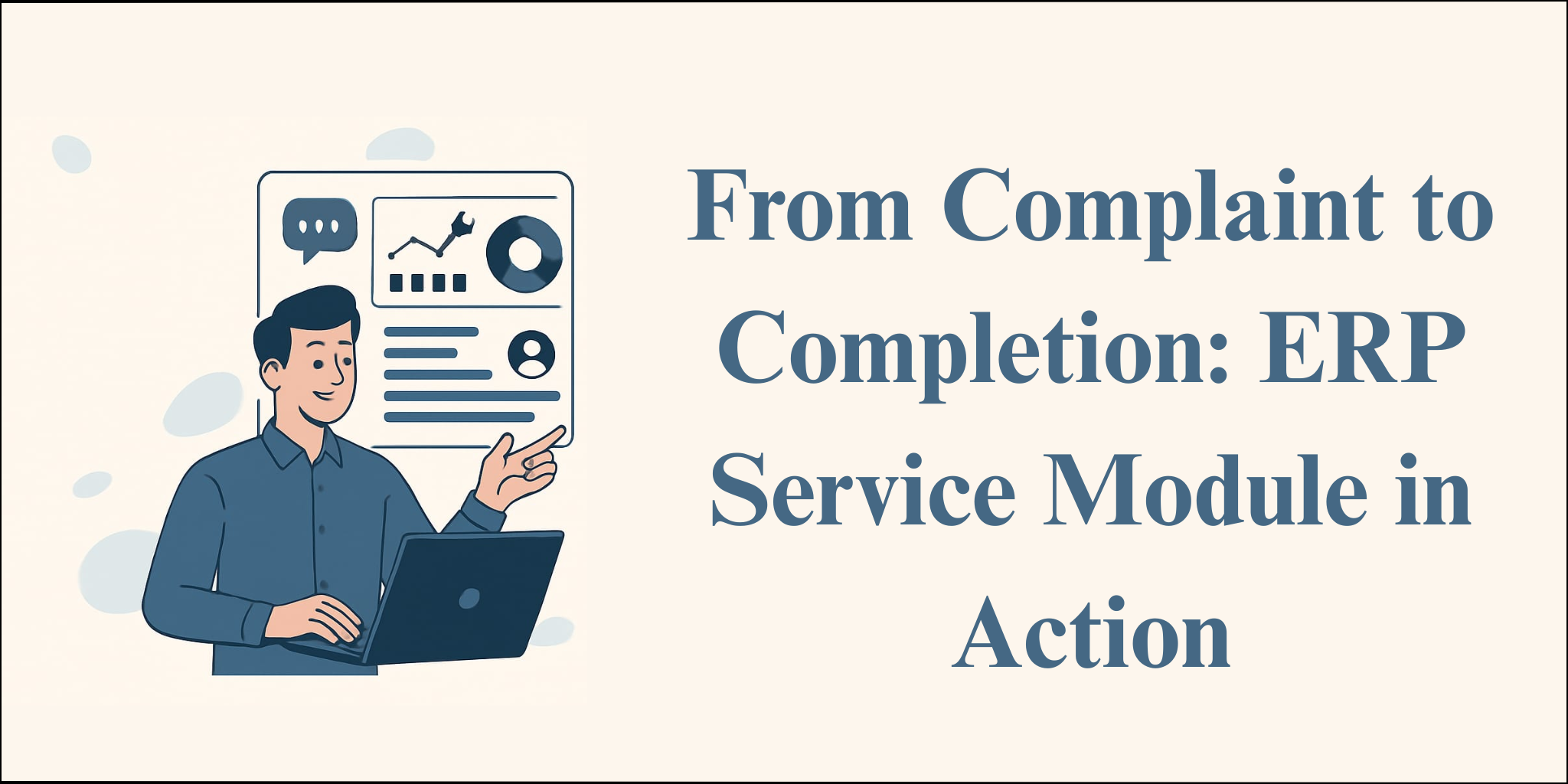
Every organization, regardless of its size, faces a common challenge—how to manage and deliver service efficiently as operations expand. Whether it’s handling customer complaints, managing maintenance schedules, or tracking contract renewals, service operations can easily become fragmented without the right system in place. This is where the Service Module in an ERP system becomes valuable. It acts as a central platform for all service-related tasks—improving coordination, reducing response time, and maintaining service records in a structured way. With the help of AI and automation, this module not only simplifies service workflows but also helps businesses reduce costs, increase productivity, and provide management with a real-time view of performance and growth.
How AI Enhances the ERP Service Module
Modern ERP service modules use AI to work smarter, not harder:
- Predictive Service: AI identifies issues before they occur, reducing downtime.
- Smart Assignment: Tasks are auto-assigned to the best-suited technicians.
- 24/7 AI Chat Support: Bots handle common issues instantly.
- Service Trend Analysis: Feedback and data are used to improve quality over time.
These features help reduce delays, lower service costs, and ensure faster response.
One Dashboard. Complete Control.
Instead of scattered reports and emails, the ERP service module gives managers a real-time dashboard to see:
- Open and closed tickets
- Response and resolution times
- Technician performance
- Service contract status
- Customer satisfaction levels
Everything needed to make informed, fast decisions is visible on a single screen.
Helping the Business Grow
The ERP Service Module supports business growth by:
- Automating schedules for maintenance and service calls
- Managing contract renewals and follow-ups
- Improving technician coordination
- Creating better customer satisfaction and loyalty
With smoother service operations, businesses save time, retain more customers, and grow confidently.
Why It Matters
The ERP service module is not just a support feature—it’s a core business tool. It:
- Ensures faster, more reliable service
- Improves accountability with tracking and logs
- Reduces manual errors with automation
- Helps management make smarter, data-based decisions
In short, it brings order, speed, and strategy to the service process.
Conclusion
An ERP Service Module brings structure to service management, helps teams work better, and gives management a clear view of performance. When powered by AI, it becomes a strong driver of efficiency and growth, helping businesses deliver better service—without adding complexity.